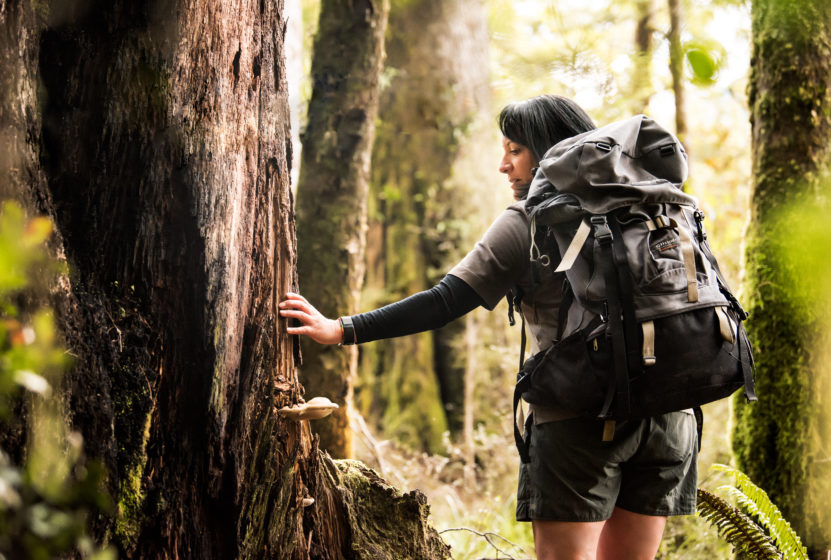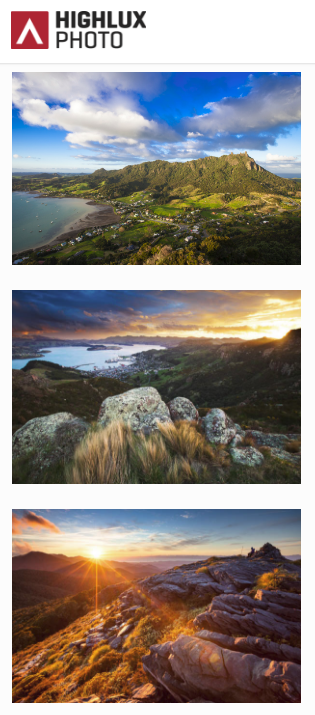Kaua koe e raweketia ngā wāhi tapu,me ngā wāhi motuhake rānei
Leave What You Find
"Long ago the Old People learned to share without touching, to take but not destroy, to merge with the wairua of their creation and to respect with love. In this action of heart and mind, the secrets of the forests, mountains and rivers were thus revealed"
Mitaki RaPeople visit natural areas for many reasons, among them to explore nature’s mysteries and surprises.
When we leave rocks, shells, plants, feathers, fossils, artefacts and other objects of interest as we find them, we pass the gift of discovery on to those who follow. Leaving what you find should be your first thought when you find something interesting or attractive.
There may be times and places when it is OK to collect something (for example for a child to collect some seashells or pretty rocks on a beach). But remember, we humans are very good at taking without thinking and there should be places where we show self-control. Mostly it is better to hold back and leave what we find, rather than have a shelf full of lifeless and dusty unvalued souvenirs.
Particularly, never disturb culturally sensitive sites.
Leave What You Find also means don’t introduce invasive species. New Zealand has among the highest rates of pests in the world and we spend a great deal of our efforts maintaining bio-security at entry ports. In the outdoors, it is critical that we avoid spreading diseases and pests such as Kauri die-back and didymo (rock snot) among others. Inform yourself about at-risk areas and protect our national taonga (treasures) such as Kauri and clear waterways.


